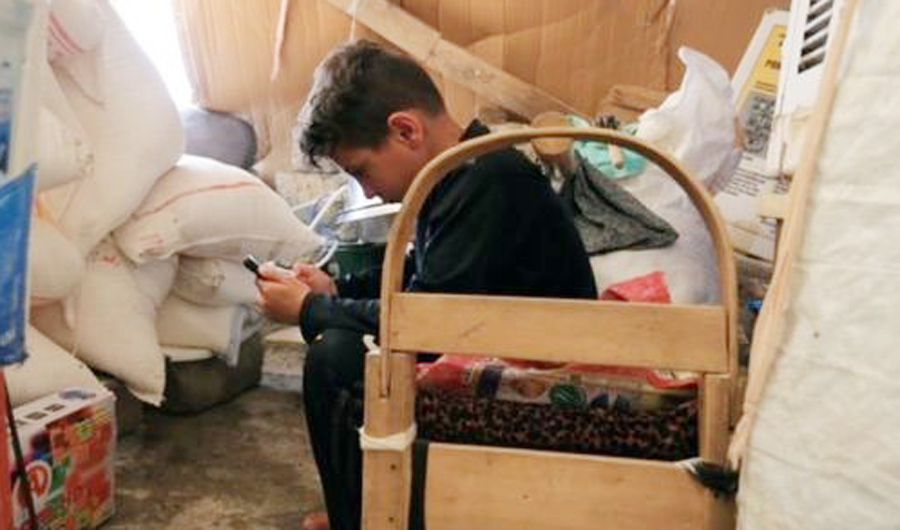Yazidi children freed from Daesh haunted by health crisis
BAGHDAD: Nearly 2,000 Yazidi children freed from the grips of Daesh in recent years are still trapped by psychological and physical trauma, Amnesty International warned on Thursday.
In a new report based on dozens of interviews in northern Iraq, the rights group found that 1,992 children who faced torture, forced conscription, rape and other abuses at the hands of Daesh were not getting the care they need.
“While the nightmare of their past has receded, hardships remain for these children,” said Matt Wells, deputy director of Amnesty’s crisis response team.
The Yazidis are an ethno-religious minority numbering around 550,000 in their heartland of northwest Iraq before Daesh swept through the rugged region in 2014.
Slamming the Yazidis as heretics, Daesh slaughtered thousands of men, abducted women and girls and forced boys to fight on its behalf.
Yazidi children were forcibly converted to Islam and taught Arabic, banned from speaking their native Kurdish. To this day, child survivors suffer “debilitating long-term injuries,” as well as post-traumatic stress disorder, mood swings, aggression and flashbacks.
Yazidi children interviewed last year in a displacement camp in the northwest district of Duhok played aggressively, wore all black and spoke Arabic to each other, even months after they were freed from Daesh.
One of them, a 10-year-old girl, had threatened to commit suicide multiple times, her mother said.
Sahir, a 15-year-old former Daesh child soldier, told Amnesty that he knew he needed mental support to cope with his trauma but felt he had nowhere to turn.
“What I was looking for is just someone to care about me, some support, to tell me, ‘I am here for you’,” he said. “This is what I have been looking for, and I have never found it.”

Displaced Yazidis head back to Sinjar as lockdown bitesUN investigators eye 160 Daesh militants over Yazidi massacres



